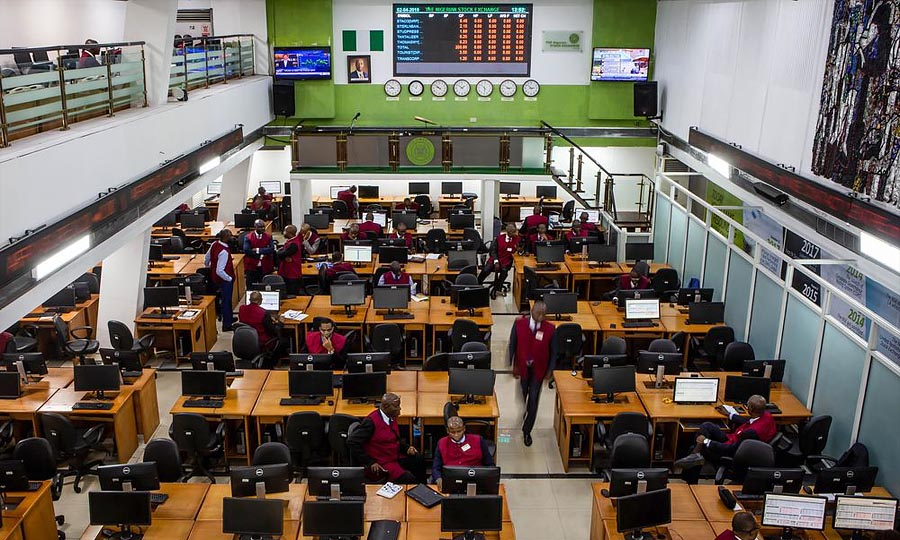

Governor Agbu Kefas of Taraba State has officially launched the Electronic Medical Records for Secondary Healthcare Facilities, EMR4SHF, and the Human Resources for Health, HRH, Database.
The launch took place at the weekend in Jalingo, with the Commissioner for Health, Dr. Bodiya Gbansheya Buma, representing the governor at the flag-off ceremony.
Governor Kefas described the initiative as a significant step toward digitizing healthcare delivery and enhancing the management of health personnel across the state’s secondary health institutions.
He emphasized the importance of embracing technology to drive efficiency, improve service quality, and make healthcare more accessible.
According to the governor, the EMR4SHF platform will streamline patient documentation, improve coordination among healthcare providers, and ensure accurate, up-to-date patient records.
The HRH database is designed to centralize data on health workforce deployment, performance and training needs towards boosting planning and management across the health sector.
Reaffirming his administration’s commitment to a people-centered healthcare system, Governor Kefas called on stakeholders to support the implementation and sustainability of the digital platforms.
The commissioner commended the governor for championing the initiative, noting that the tools will greatly enhance data driven planning and decision making across the sector.
Also speaking at the event, Dr. Garba Danjuma, Executive Secretary of the Taraba State Health Services Management Board, HSMB, highlighted the Board’s oversight role in managing secondary healthcare facilities in the state.
He said the newly developed Electronic Data Management System, EDMS, which includes both the EMR4SHF and HRH database, is built on a secure software platform and hosted at the HSMB headquarters in Jalingo.
“The system features a live dashboard and a centralized database, which will be accessible to authorized stakeholders for planning, monitoring, and decision-making,” Danjuma said.
He added that the EDMS is expected to deliver a wide range of benefits, including integration of workforce and service delivery indicators for performance tracking, real time data on staff postings, profiles, training and performance, as well as capacity building for HSMB personnel in system management and data analysis.
Others include centralized reporting with automated dashboards for timely decision-making, remote access for stakeholders to monitor facility performance statewide, improved accuracy and timeliness of health reports, strengthened institutional capacity for evidence-based planning, and enhanced governance and supervision of the health system
“This initiative marks a critical milestone in our journey toward digital transformation and improved governance in the health sector,” Danjuma added.
Taraba launches digital platforms to modernize secondary healthcare




